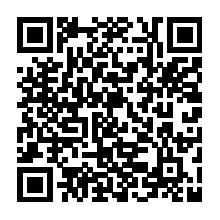5th Comparative Philosophy Workshop: "Did Confucius have a political philosophy? Does it Matter?"
Organizer: Department of Philosophy (Zhuhai), Sun Yat-sen University
Topic: Did Confucius have a political philosophy? Does it Matter?
Speaker: Sor-hoo Tan, Professor, University of Singapore
Moderator: Jun-Hyeok Kwak, Professor, Department of Philosophy (Zhuhai)
Discussant: Kun WANG, Associate Professor, Department of Philosophy (Zhuhai)
Time: September 9th , 10:00 am
Venue: Room 106, No.13 Administrative Building of Department of Philosophy (Zhuhai), SYSU
Abstract:
Mou Zongsan 牟宗三 (1909-1995), famously distinguished pre-modern Confucian concern with government as “administrative” (zhidao 治道) – answering the question of how best to bring about social order – contrasted with the “political” (zhengdao 政道) concern answering the question of “Who rules” and what legitimates a particular political regime. Recently, there has been growing discussions of Confucian political philosophy, which in some cases assume that Confucians, beginning with Confucius, have a political philosophy to offer. Some go so far as to identify concerns with procedural matters and norms of “order” that they argue are not subordinated to ethical ends. This implies a distinctive political domain or dimension that fit better with the modern assertion of the autonomy of the political. However, the asserted autonomy requires a specific conception of the political that arose only in the modern era, since the Enlightenment and its legacies in subsequent centuries. Chris Thornhill notes that arguments for the political as an autonomous, even sui generis, category explain the political by reference to assumed but contestable philosophical anthropologies – be it Carl Schmitt’s assumption of human predisposition for “competitive conflict” over power or Hannah Arendt’s account of authentic human life in terms of a specific capacity for freedom. I shall explore to what extent the political in the Confucian canonical texts is autonomous, whether one might be distorting Confucianism (if not all ancient Chinese thought) by reading into its texts a historically and culturally specific category from an alien civilization of different times, and how one could justifiably “modernize” Confucianism by reconstructing its philosophy to accommodate the autonomously political.


